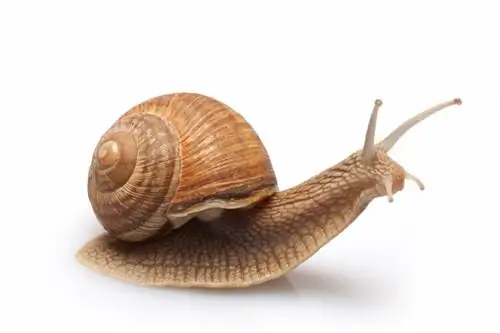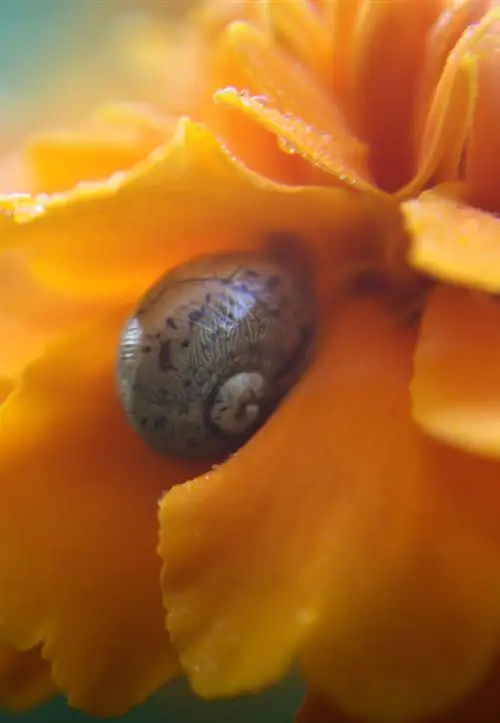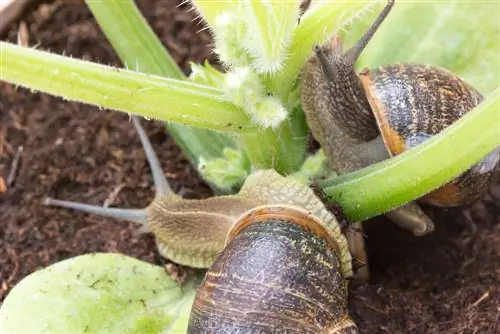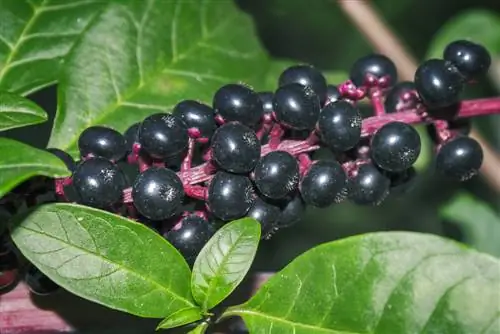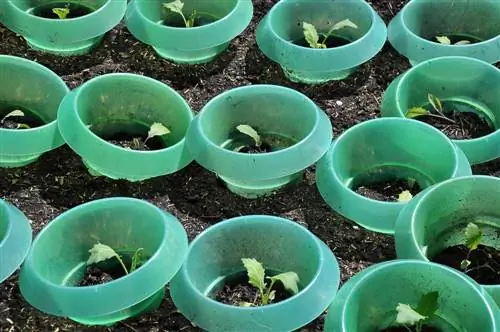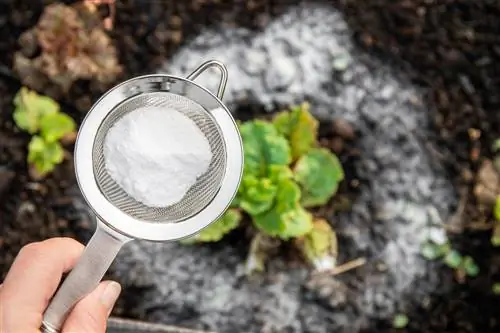- Author admin leonars@hobbygardeners.com.
- Public 2023-12-16 16:46.
- Last modified 2025-01-23 11:20.
For many garden owners, snails are one of the biggest pests. So it's no wonder that they try to fight them with all means possible. But not everyone wants to use chemicals in their garden. Maybe the nasturtium can help here?
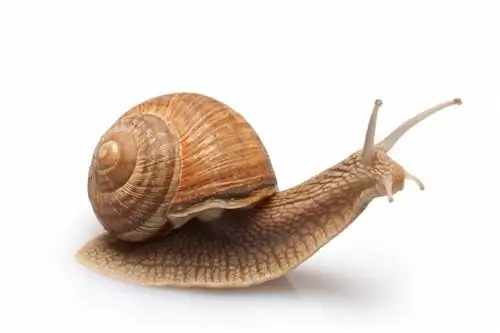
Does nasturtiums protect against snails?
The nasturtium can attract snails, but does not offer reliable protection against them. To combat snails effectively, it is best to collect and destroy the snails, as well as to attract beneficial insects such as birds, hedgehogs or slowworms and to create a fine, crumbly soil.
Unfortunately, the experts do not agree on this point. Some believe that nasturtiums are spared from snails, others are of the opinion that snails also like nasturtiums and that they can even be used to protect other plants from snails.
The nasturtium as an attractant
You can use nasturtium as an attractant, at least for lice. It is so popular with aphids that they then stay away from other potentially more valuable plants nearby. For this reason, nasturtiums, for example, are often planted between roses or next to rose beds.
These plants are of course not suitable for consumption, but they are still decorative. It is better to plant the nasturtiums that you want to eat in a different place in your vegetable garden. There you keep pests such as snails and lice away as much as possible.
The best snail repellent
The best ecological protection against snails is still collecting and destroying the snails. You should go looking for snails, especially if a heavy downpour follows a long dry period. You will surely be able to count on success.
If you have a paradise in your garden for beneficial insects that eat snails, such as birds, hedgehogs or slowworms, then they will thank you by keeping your garden almost snail-free. Also ensure that the soil is finely crumbly; snails don't particularly like that.
Useful measures against snails:
- Collect
- finely crumbly soil
- Attract beneficial insects
Tips & Tricks
The best way to combat snails is to collect them, but you can use nasturtiums to attract aphids.

